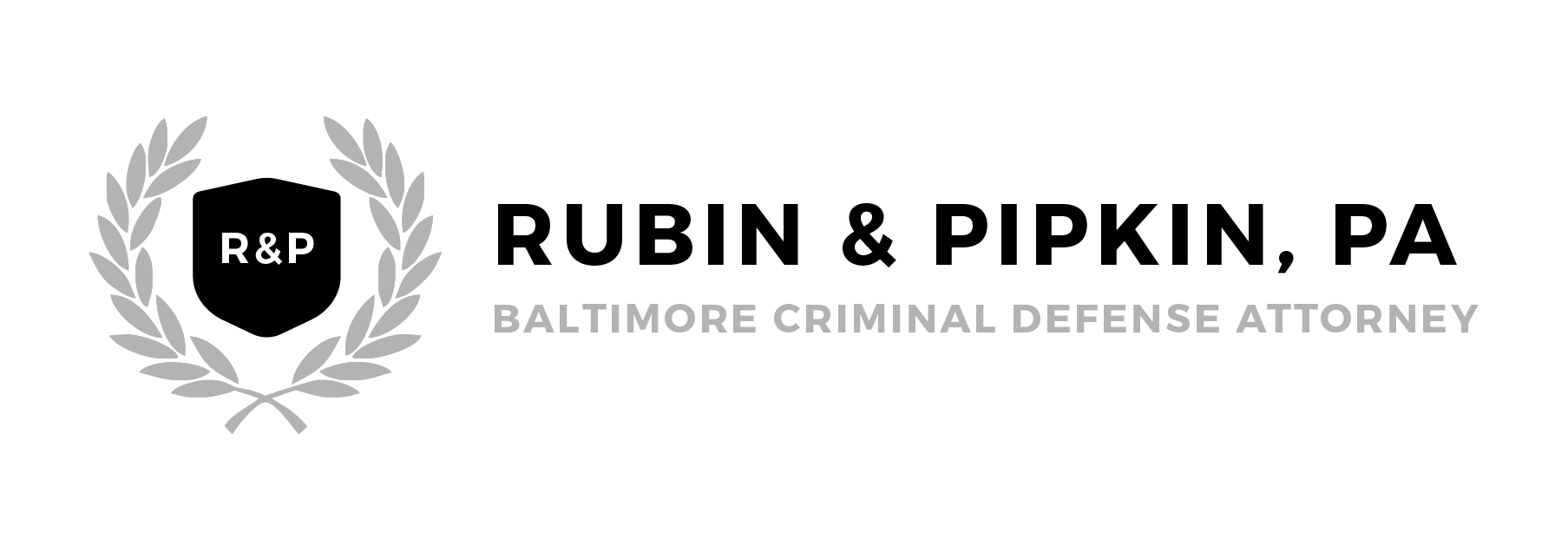09 Mar Consumption of alcohol and prescription drugs can affect driving
On behalf of Jack B. Rubin, PA posted in Drunk Driving on Wednesday, March 9, 2016.
Many people must take prescription drugs to treat conditions and illnesses. Some of these medications can produce very noticeable effects while others are relatively benign. And while you may be taking a prescription drug for health reasons, you still want to live a normal life. And for many people, a normal life means enjoying a drink or two on occasion.
However, you must always exercise caution when drinking while taking prescription medications. You are likely aware that mixing alcohol and prescription painkillers can cause you to suffer very dangerous side effects. As such, you should also know that getting behind the wheel while under the influence of this combination is a very bad idea as it could seriously impair your driving skills.
But do drugs that are used to treat other conditions also pose a threat? Well, that can depend on the drug. For instance, some medications used to treat diabetes can cause nausea and dizziness. Also, combining alcohol with an angiotensin-converting enzyme, which is used to treat strokes and heart attacks, can cause a drop in blood pressure. As a result, a person could suffer lightheadedness, even to the point of fainting.
It is always best to follow the directions of any prescription drug. But it can be very easy to forget you are taking medication or be unaware of the potential side effects. This means that you could consume a reasonable amount of alcohol, only to have it unexpectedly react with your medication. And if this reaction occurs as you are driving, may begin having trouble operating your automobile.
In such a situation, you could be pulled over by the police and arrested for driving under the influence. If this happens, you may be facing serious fines or even the revocation of your driving privileges. As such, it may be beneficial for you to contact an attorney who can help protect your rights and work to get you your best possible outcome.


No Comments